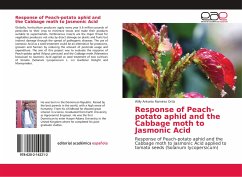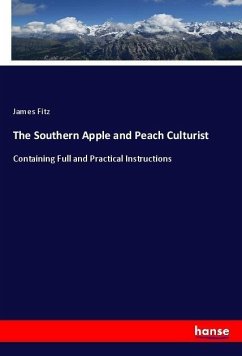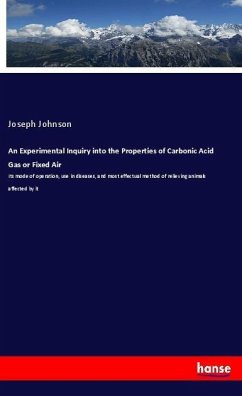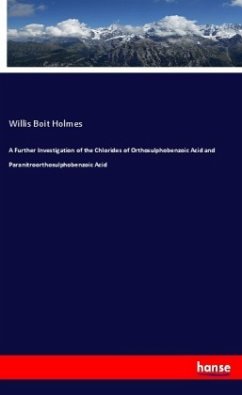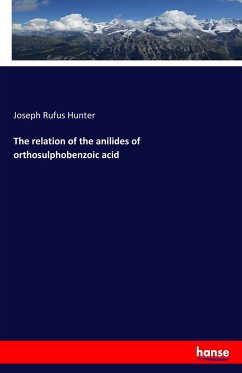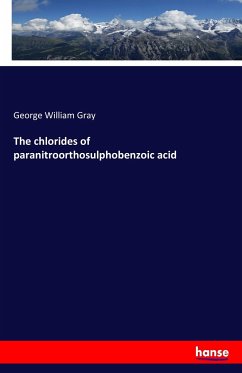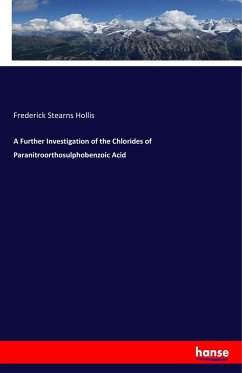Globally, horticulture producers apply every year 5.6 million pounds of pesticides to their crop to minimize losses and make their products suitable to supermarkets. Herbivorous insects are the major threat for vegetables producers not only by direct damage on plants and fruits but indirect damage through the spread of pathogenic diseases. The use of Jasmonic Acid as a seed treatment could be an alternative for producers, growers and farmers by reducing the amount of pesticide usage and expenditure. The aim of this project was to evaluate the response of Peach-potato aphid (Myzus persicae) and the Cabbage moth (Mamestra brassicae) to Jasmonic Acid applied as seed treatment of two cultivars of tomato (Solanum lycopersicum L. cv) Gardener Delight and Moneymaker.
Hinweis: Dieser Artikel kann nur an eine deutsche Lieferadresse ausgeliefert werden.
Hinweis: Dieser Artikel kann nur an eine deutsche Lieferadresse ausgeliefert werden.

